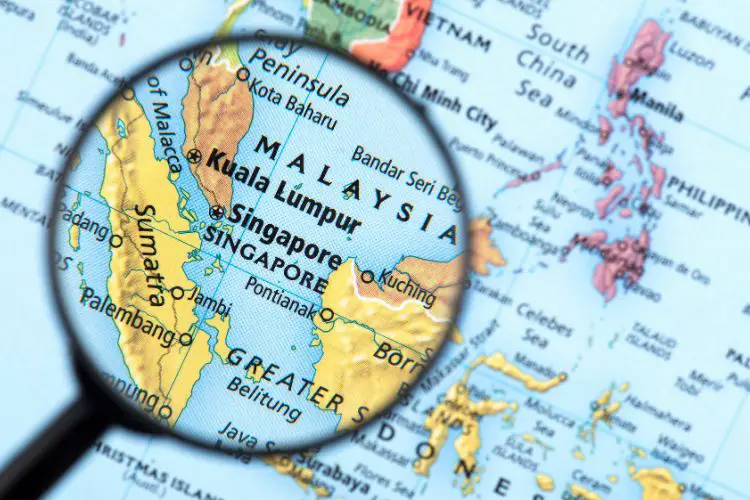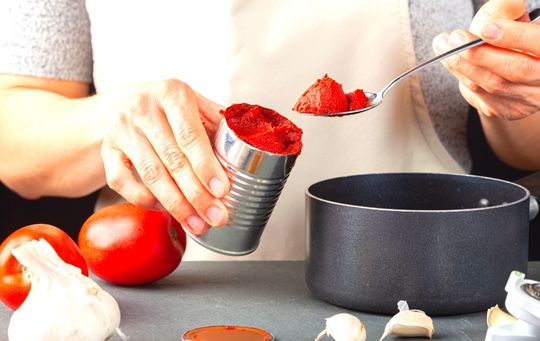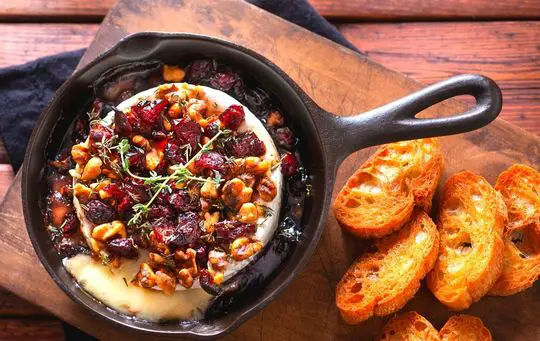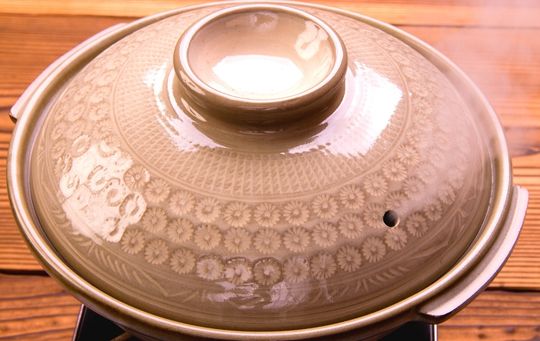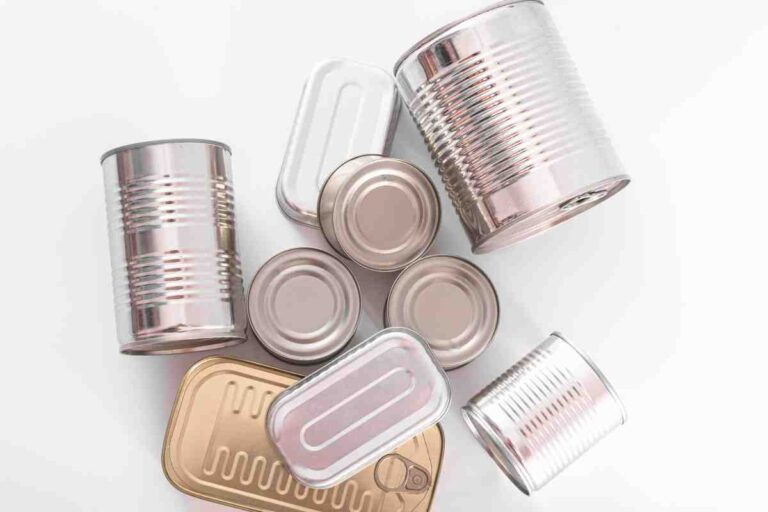Eggs are a kitchen staple and a versatile ingredient in countless recipes. However, there are times when you might forget to thaw your eggs before cooking, leading to the question: what happens when you put frozen eggs in boiling water?
When you put frozen eggs in boiling water, the rapid temperature change can cause the eggshells to crack due to the eggs’ expansion. This can lead to potential contamination if the boiling water comes into contact with the egg contents. Additionally, the texture of both the yolk and egg white may be altered, resulting in a less desirable outcome compared to using fresh eggs.
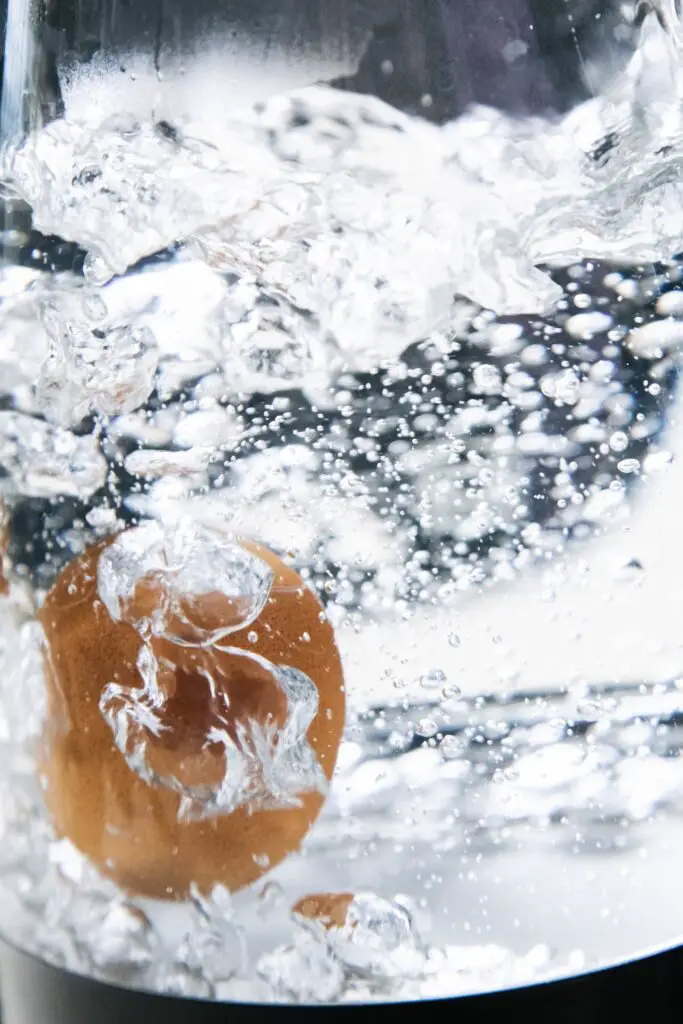
What Happens When You Put Frozen Eggs in Boiling Water?
When frozen eggs are placed in boiling water, the abrupt temperature change can have several consequences. Firstly, the rapid expansion of the egg’s contents may lead to cracked shells, potentially exposing the egg to the boiling water and causing contamination risks. Secondly, the texture of the yolk and egg white can be adversely affected, resulting in a thicker, less creamy yolk, and potentially rubbery egg white due to changes in protein structure. Lastly, boiling frozen eggs typically requires a longer cooking time than fresh eggs to ensure they are thoroughly cooked, which is essential for food safety.
Potential Outcomes of Boiling Frozen Eggs
Now that we have a grasp of egg composition and the science involved, let’s explore the potential outcomes when you put frozen eggs in boiling water.
Cracked Shells
One common occurrence when boiling frozen eggs is cracked shells. The rapid temperature change causes the frozen egg to expand quickly. If the eggshell cannot withstand this expansion, it may crack, exposing the egg’s contents to the boiling water. This can lead to contamination, especially if the eggs are not thoroughly cooked.
Altered Texture
The texture of both the yolk and egg white can be affected when frozen eggs are boiled. The yolk may become thicker and less creamy, while the egg white may turn rubbery due to overcooking or changes in its protein structure. These texture changes can impact the overall quality of dishes that rely on the distinct characteristics of fresh eggs.
Longer Cooking Time
Boiling frozen eggs will typically require a longer cooking time compared to fresh eggs. This is because the frozen eggs need additional time to thaw and heat through to the desired doneness. It’s essential to ensure that the eggs are cooked thoroughly to avoid any food safety concerns.
Best Practices for Boiling Frozen Eggs
Now that we’ve explored the potential outcomes, let’s discuss the best practices for boiling frozen eggs to achieve the desired results while maintaining food safety.
Thaw Before Boiling
The ideal approach to cooking frozen eggs is to thaw them gradually in the refrigerator before boiling. This ensures even cooking and minimizes the risk of cracked shells. Thawing overnight is a safe and reliable method.
Gentle Heat
When boiling thawed eggs, start with gently simmering water rather than a rolling boil. Rapid boiling water can increase the chances of cracked shells and overcooking. Simmering the eggs at a lower temperature allows for more even cooking.
Timing Matters
The cooking time for boiled eggs varies depending on the desired level of doneness. For soft-boiled eggs with runny yolks, cook them for around 4-5 minutes after reaching a simmer. For hard-boiled eggs with fully set yolks, cook for 9-12 minutes. Adjust the timing based on personal preference.
Use a Timer
To achieve consistent results, use a timer to track the cooking time accurately. Overcooking can lead to rubbery egg whites and an undesirable yolk texture.
Shock in Ice Water
After boiling, immediately transfer the eggs to a bowl of ice water to stop the cooking process and make them easier to peel. This step is crucial for achieving the desired texture.
Conclusion
In conclusion, while boiling frozen eggs is possible, it comes with challenges and potential pitfalls. Understanding the science behind egg composition and the effects of rapid temperature changes is essential to achieve the desired results. Cracked shells, altered texture, and longer cooking times are common outcomes when boiling frozen eggs.
To ensure the best outcome, it’s advisable to thaw frozen eggs in the refrigerator before boiling and use gentle heat to simmer rather than a rolling boil. Timing matters, so use a timer to achieve the desired level of doneness. Finally, shocking the eggs in ice water after boiling is a crucial step for both texture and ease of peeling.
So, the next time you find yourself with frozen eggs and a craving for a boiled egg dish, remember these best practices to enjoy a delicious and perfectly cooked meal.


